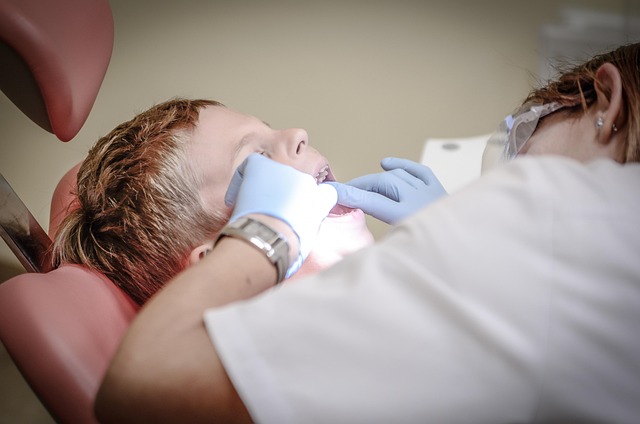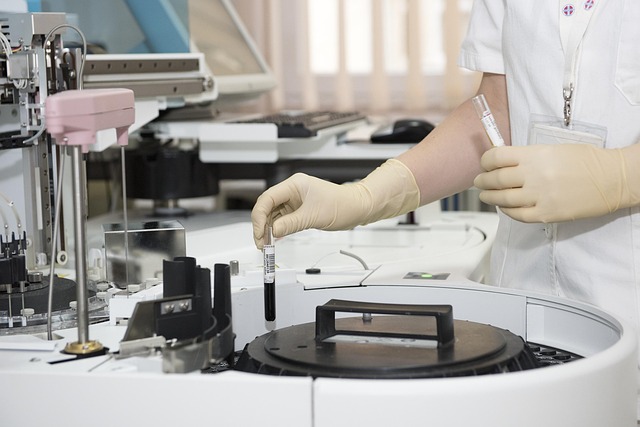The intersection of technology and healthcare has always been a fertile ground for innovation, leading to enhanced patient care and improved outcomes. As we delve into the realm of robots and clinical practice, it’s apparent that these mechanical marvels are not just futuristic concepts; they are revolutionizing healthcare as we know it.
Imagine entering a hospital where robotic systems assist healthcare professionals in their daily tasks. These machines are not here to replace human jobs but to empower clinicians, allowing them to focus more on patient interaction and less on repetitive tasks. From surgical robots that provide unmatched precision during complex operations to robotic prosthetics aiding those with mobility impairments, the applications of robotics in healthcare are vast and rapidly evolving.
One of the most significant innovations we’re witnessing is in surgical robotics. Surgeons can now perform minimally invasive procedures with the assistance of robots, resulting in shorter recovery times and reduced risks of complications. The da Vinci Surgical System, for example, offers unparalleled dexterity and visualization, enabling complex surgeries with fewer incisions. Patients benefit remarkably, experiencing less pain and earlier discharge from hospitals.
Beyond surgery, robots are making strides in clinical environments. Automated medication dispensing systems ensure that patients receive the correct medications in the proper dosages. These robots work tirelessly to reduce human error, enhancing patient safety in hospital settings. Additionally, telepresence robots have emerged as vital tools, facilitating remote consultations and helping doctors connect with patients who might be otherwise unreachable due to geographical limitations or health conditions.
In rehabilitation, robotic devices are transforming the way physical therapy is delivered. Robotic exoskeletons, for instance, offer remarkable support and mobility for stroke survivors and individuals with spinal cord injuries. They not only assist in movement but also motivate patients through gamified therapy sessions, making rehabilitation more engaging and effective.
Healthcare innovations driven by robots extend into patients’ homes as well. Robotic companions designed to assist the elderly or those with chronic illnesses can monitor vital signs, remind them to take their medication, and even provide companionship to alleviate loneliness. This integration of robotics into personal health management fosters independence, allowing individuals to lead more fulfilling lives while receiving the care they require.
The emotional aspect of incorporating robots into healthcare cannot be overstated. Many patients feel comforted by the knowledge that technology can aid in their healing process. This sense of safety and support is an integral part of the therapeutic experience. Moreover, healthcare professionals experience reduced burnout as robots take on the burden of repetitive tasks, allowing them more time to interact compassionately with their patients. The collaboration between humans and machines not only boosts efficiency but also enhances the emotional quality of care.
The future of robots in clinical practice is indeed promising. With ongoing advancements in artificial intelligence and machine learning, we can anticipate an era where robots will learn from real-time data, adapting their functions to improve patient outcomes continually. As these technologies mature, they will undoubtedly redefine the standards of healthcare delivery, making services more personalized and accessible.
As we embrace this technological revolution, it is crucial to approach these innovations thoughtfully. Ethical considerations surrounding patient privacy, the role of human empathy in care, and the implications of over-reliance on automation must be at the forefront of discussions in healthcare innovation. Engaging in these conversations will pave the way for a harmonious integration of robots into clinical practice, ensuring that technology serves to enhance, not detract from, the human experience in healthcare.




